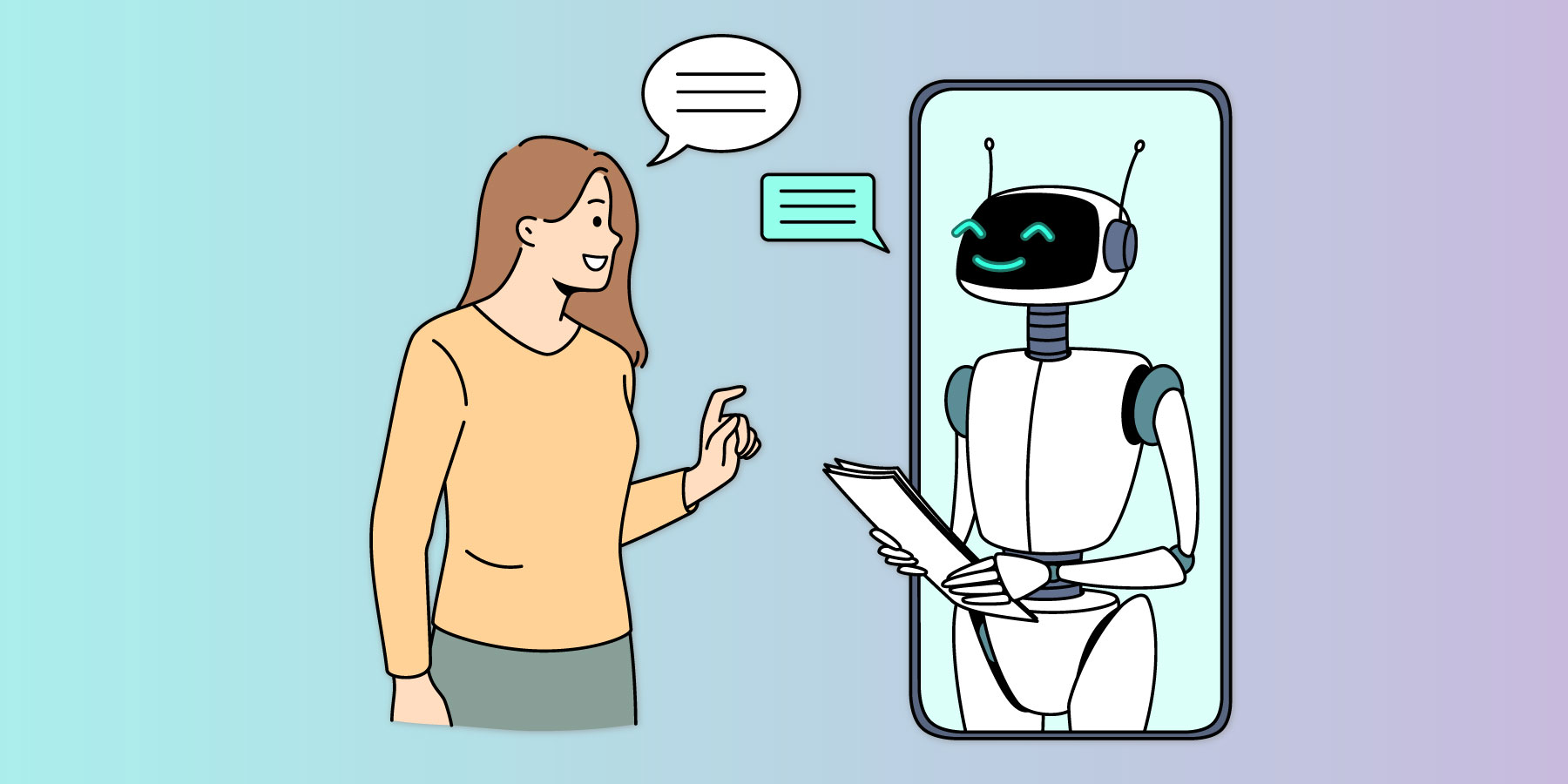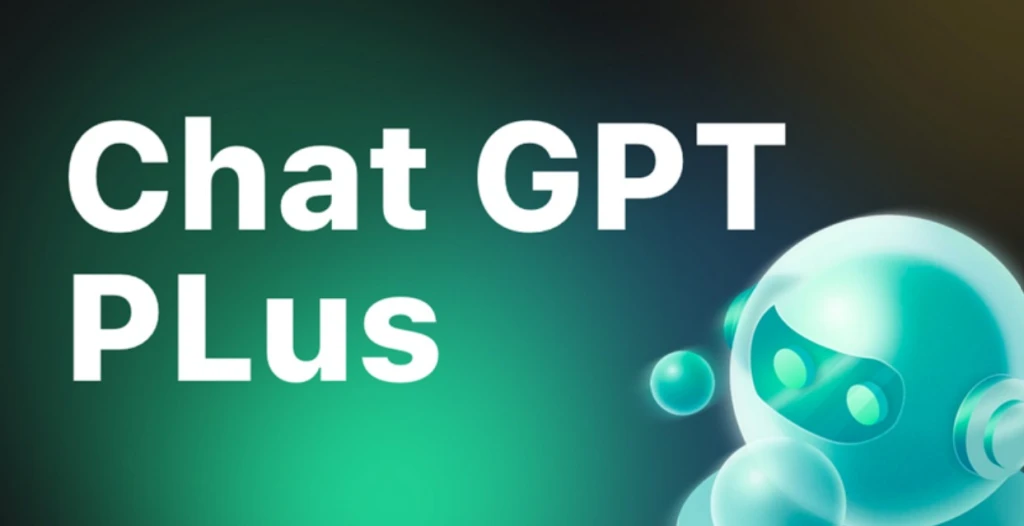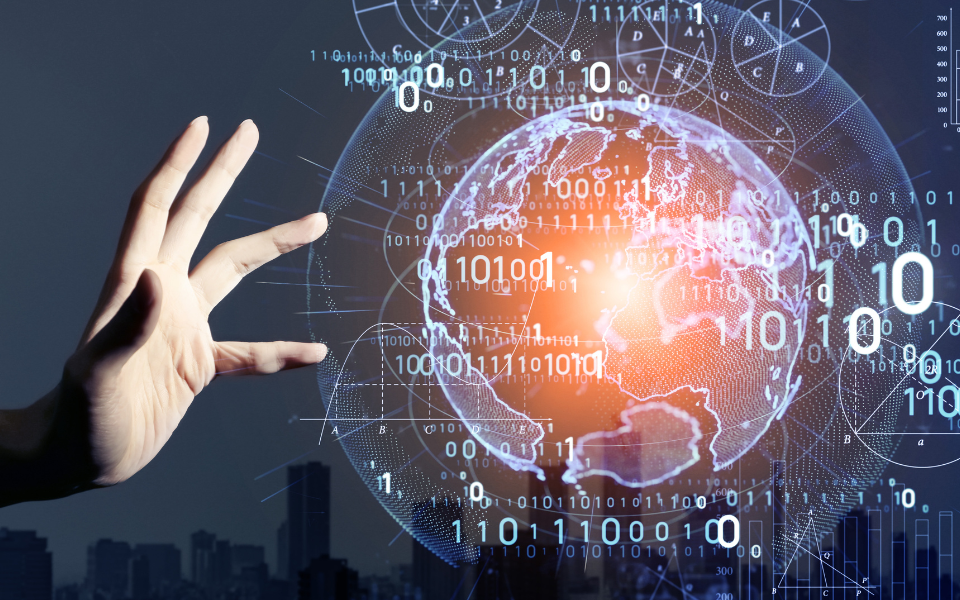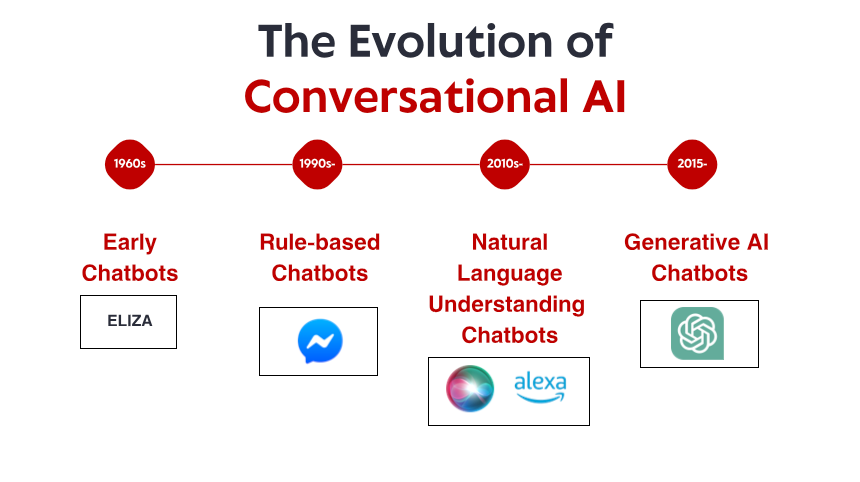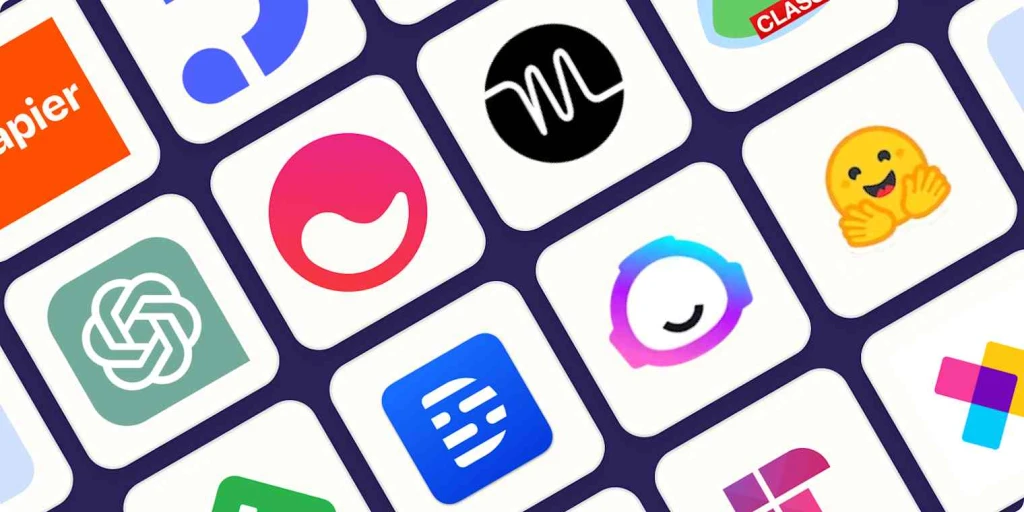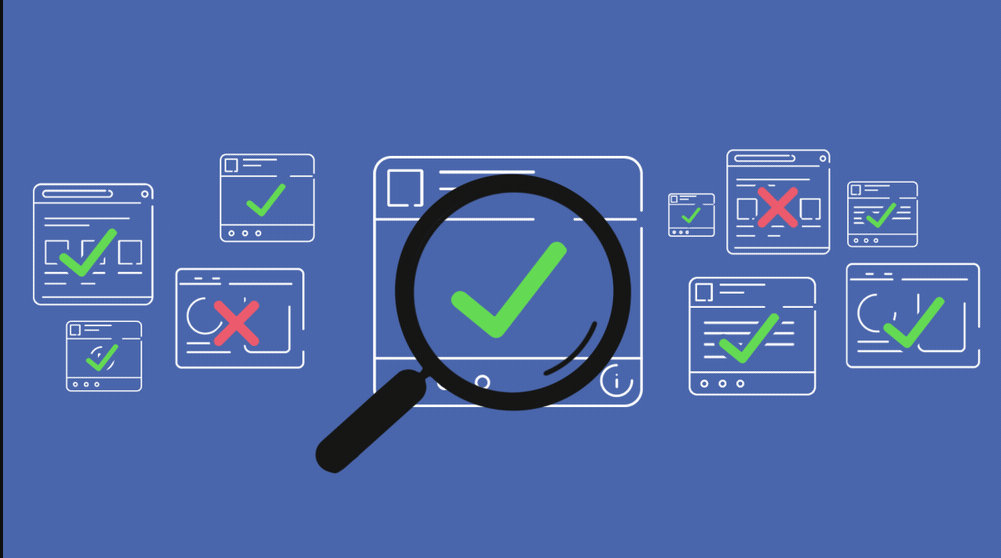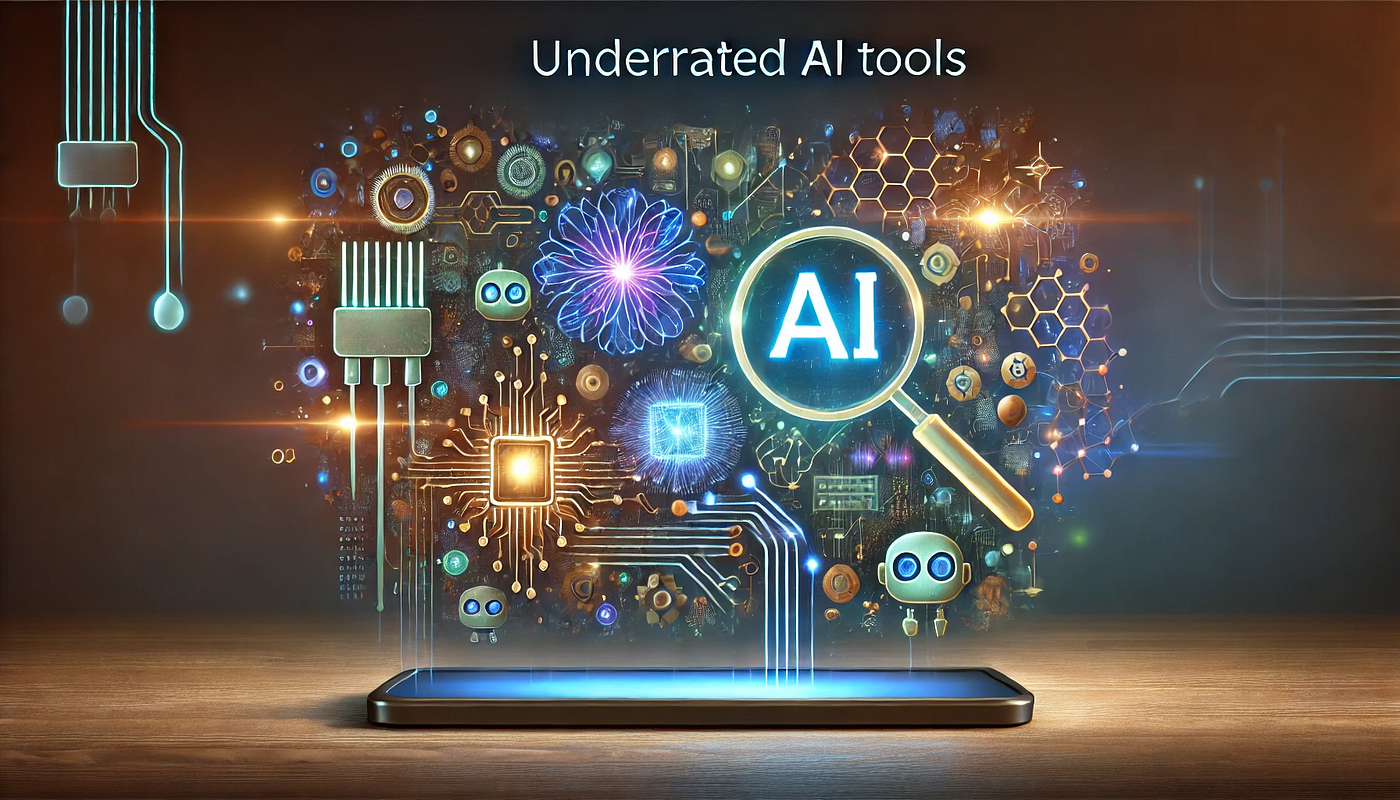Test AI on YOUR Website in 60 Seconds
See how our AI instantly analyzes your website and creates a personalized chatbot - without registration. Just enter your URL and watch it work!
1. Introduction: The Rise of Misinformation
2. The Role of Human Fact-Checkers
Contextual Understanding: Humans bring nuanced understanding to the table. They can discern sarcasm, detect subtle biases, and understand cultural contexts, all of which AI may struggle with.
Expertise: Human fact-checkers often have specialized knowledge in fields such as science, politics, and law, making them capable of verifying complex and technical claims.
Ethical Judgment: Humans bring ethical considerations to fact-checking, ensuring fairness and addressing any conflicts of interest that might arise during the verification process.
However, human fact-checking is not without challenges. It is time-consuming, expensive, and often subject to human error.
3. The Role of AI Fact-Checkers
Speed and Scale: AI can process vast amounts of data in seconds, identifying and flagging misinformation quickly. This is especially beneficial for detecting viral misinformation that spreads rapidly on social media.
Data-Driven Insights: AI fact-checkers can analyze patterns in data, cross-reference sources, and find discrepancies in real-time.
Consistency: AI doesn’t suffer from fatigue or bias, offering consistent results every time.
However, AI also has its shortcomings. It can struggle with contextual nuances and detecting misinformation in less straightforward cases. AI systems rely on algorithms that may not always have access to the most up-to-date information or may lack the judgment needed to distinguish between legitimate sources and fake ones.
4. Strengths of Human Fact-Checkers
Expertise: Subject-matter experts are essential for verifying specialized content.
Adaptability: Human fact-checkers can adapt to new and emerging forms of misinformation.
5. Strengths of AI Fact-Checkers
24/7 Availability: AI is always “on,” meaning misinformation can be detected at any time of the day.
Cost-Effectiveness: AI-powered tools can reduce the cost of fact-checking, especially for large-scale platforms.
